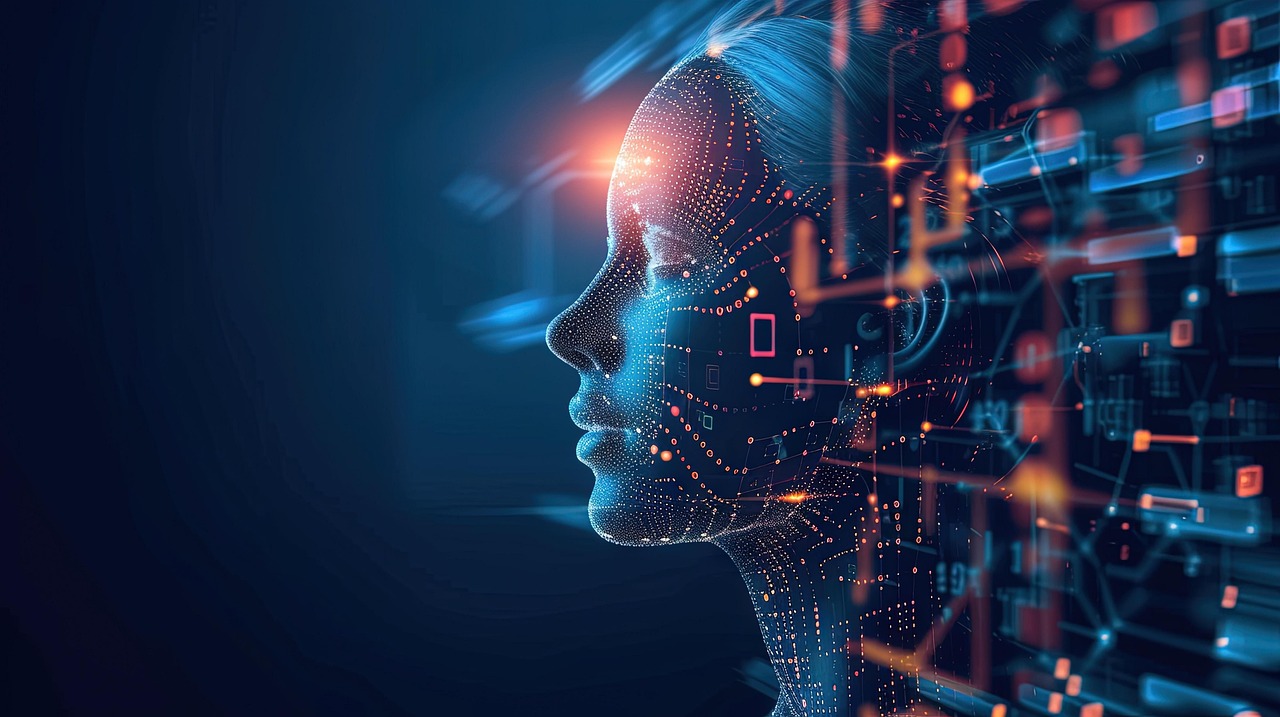Artificial intelligence has quietly become part of everyday life, tucked into the apps and devices we use without a second thought. When you tap your phone’s keyboard and see predictive text finish your sentence, that’s AI smoothing your typing. When your music app suggests the perfect playlist for your mood, that’s AI learning what you like. These invisible systems work behind the scenes so you can move faster and focus on what matters.
Beyond simple conveniences, AI helps protect our security in ways we rarely notice. Banks use machine-learning models to spot strange transactions and stop fraud before it hits your account. Antivirus software harnesses AI to detect new malware strains and quarantine threats pre-emptively. Even cars today rely on AI-powered sensors to warn drivers of potential collisions and keep passengers safer.
At the same time, many people pause to wonder what happens to their personal data. Every time a streaming service curates a “Recommended for You” list, it’s because AI has analyzed your viewing patterns. That analysis depends on collecting information about your habits, raising questions about who sees that data and how it’s used. Privacy advocates argue for transparency, urging companies to explain their algorithms in plain language.
Another common concern is bias. AI systems trained on historical data can repeat unfair patterns, affecting everything from job applications to loan approvals. Efforts are underway to audit algorithms and make them more equitable, but the process isn’t straightforward. Awareness is growing, and public pressure is pushing developers and regulators to build AI that treats everyone fairly.
Looking ahead, automation will continue to reshape the world of work. Routine tasks, from basic customer service to inventory management, are increasingly handled by AI bots. This shift raises hopes of freeing people for more creative roles but also fears about job displacement. Experts recommend upskilling and continuing education so workers can thrive alongside intelligent systems.
Ultimately, for most people AI isn’t a futuristic concept, it’s a tool woven into everyday life. Its promise rests on responsible development, clear communication, and shared accountability. As AI evolves, engaging in conversations about ethics and data privacy will help ensure it empowers individuals rather than eclipsing them. For the average person, understanding AI means recognizing both its quiet benefits and the choices that shape its use.


